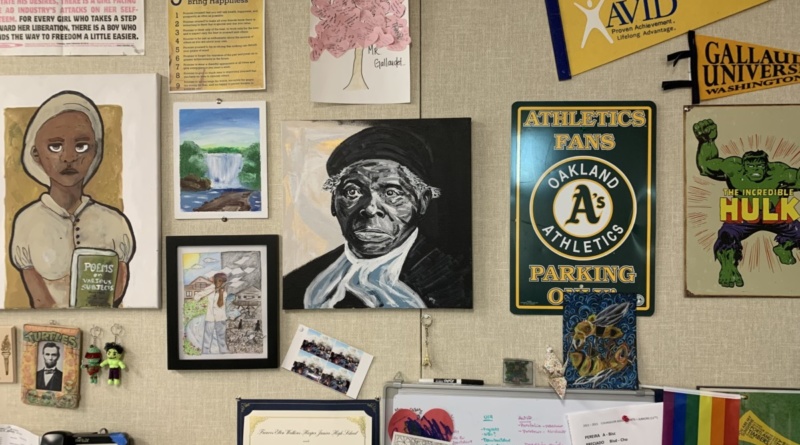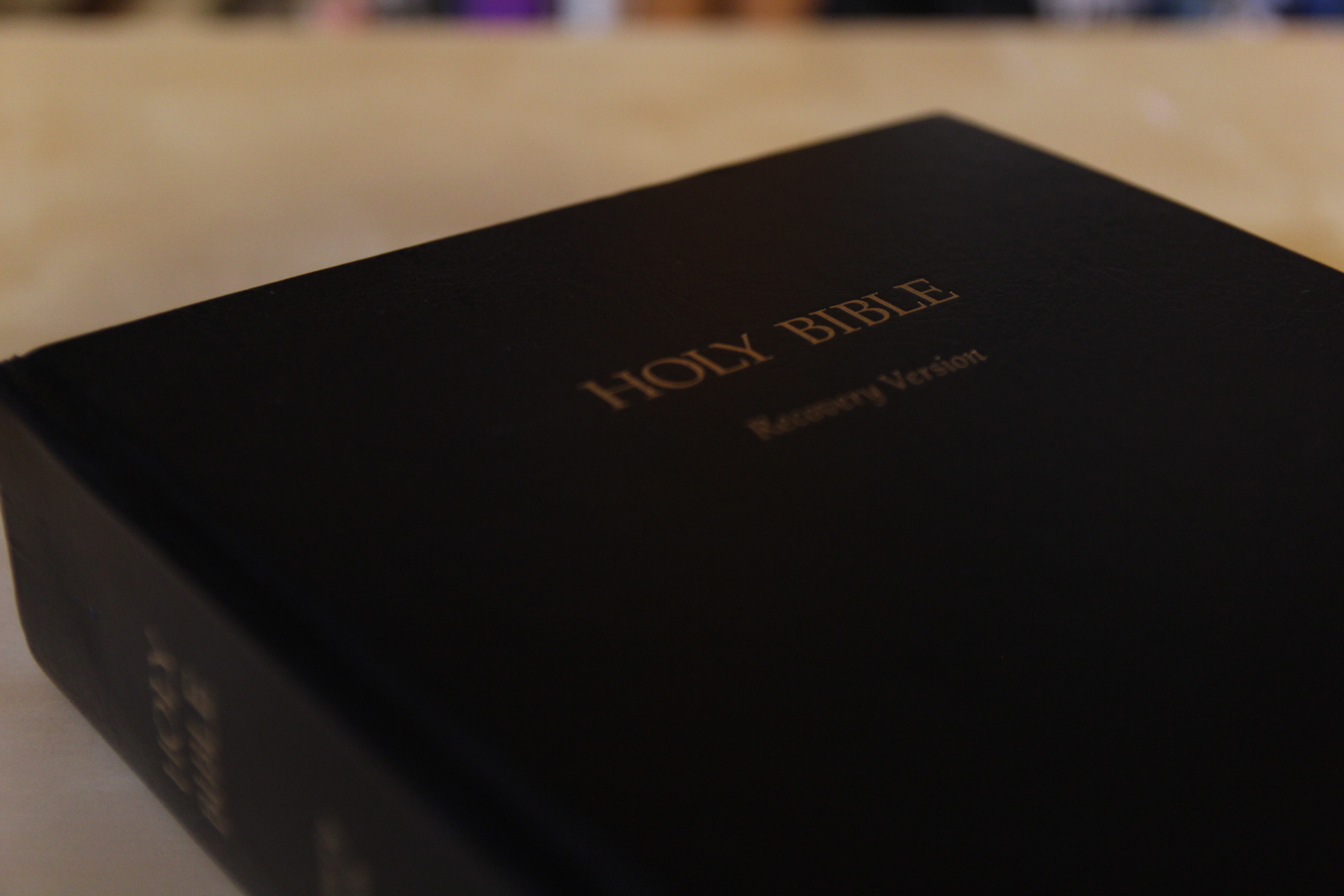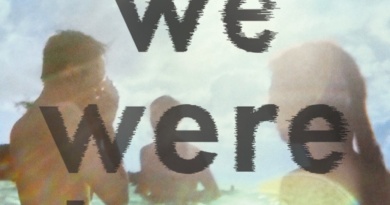Davis High teachers aim to make more accurate, inclusive curriculum

By Elliot DeJong,
BlueDevilHUB.com Staff–
“(Have) you hear(d) the myth about Washington’s teeth? (People say) he had like … wooden teeth or something like that,” English teacher Pernia Hassan said. “He did not! He took the teeth from his slaves … and he made that into his dentures.”
These are the stories that often get forgotten in euro-centric English and history classes, according to Hassan. Looking at history from an unbiased point of view often tarnishes the image of these “mythologized figures” that are portrayed as American heroes.
“We’d also look at Thomas Jefferson’s words,” Hassan said in reference to the curriculum of her American Voices 11 class. “This is a founding father and he really believed that white and black people have to be segregated or else there would be riots.”
This is Hassan’s first year at DHS after having taught at Harper Junior High for 10 years. During that time, she has been working to improve the diversity in her curriculum and help students connect the themes of texts to real life.
“In the first chapter of (The Great Gatsby), Tom Buchanan talks about eugenics,” Hassan said. “That’s a good moment to pause and look at (that impact on) individuals in California. That forced sterilization has been happening in the prison system in California … up until 2014.”
Hassan participates in a movement called #disrupttexts, which aims to acknowledge that publishing houses tend to favor white authors and highlight moments in their texts when marginalized voices can be recognized.
History teacher Nick Gallaudet worked with Hassan at Harper to synchronize their curriculums. He moved to DHS this year as well, and has worked to include more perspectives in his teaching as well.
One of Hassan and Gallaudet’s class projects during their years at Harper was an art gallery highlighting Black voices throughout history.
“When we’re talking about Black history I try to … make sure we’re giving voice to those stories more than just the month of February,” Gallaudet said. “It’s been a lot of re-learning for me over the last half dozen years, seeking out these stories of triumph … and the stories of oppression too.”
Gallaudet graduated from DHS, and said that his history classes throughout middle and high school were taught from a Euro-centric point of view, so his first experiences with underrepresented historical topics occurred mostly in college.
“The story I learned of Black history was one of slavery, civil rights movement, we’re all equal now. And as I went through college as a history major I started hearing these different stories being told,” Gallaudet said. “It seems so silly to say out loud now but this is obviously a fight that’s beyond that decade in history of the civil rights movement.”
One of Gallaudet’s favorite stories is that of Jackie Robinson, the first African-American baseball player in Major League Baseball and a four-sport athlete at UCLA.
“On a personal level, I love baseball,” Gallaudet said. “There’s actually local ties: the general manager of the Dodgers’ branch, Ricky, who signed Jackie Robinson, his … daughter lives in Davis.”
Gallaudet says he tries to make important connections to stories like these when teaching about events not explicitly connected to Black history.
“Whether it’s industry, whether it’s farming, whether it’s pop culture, a lot of what makes the United States the United States is from the effort of Black Americans,” Gallaudet said.




